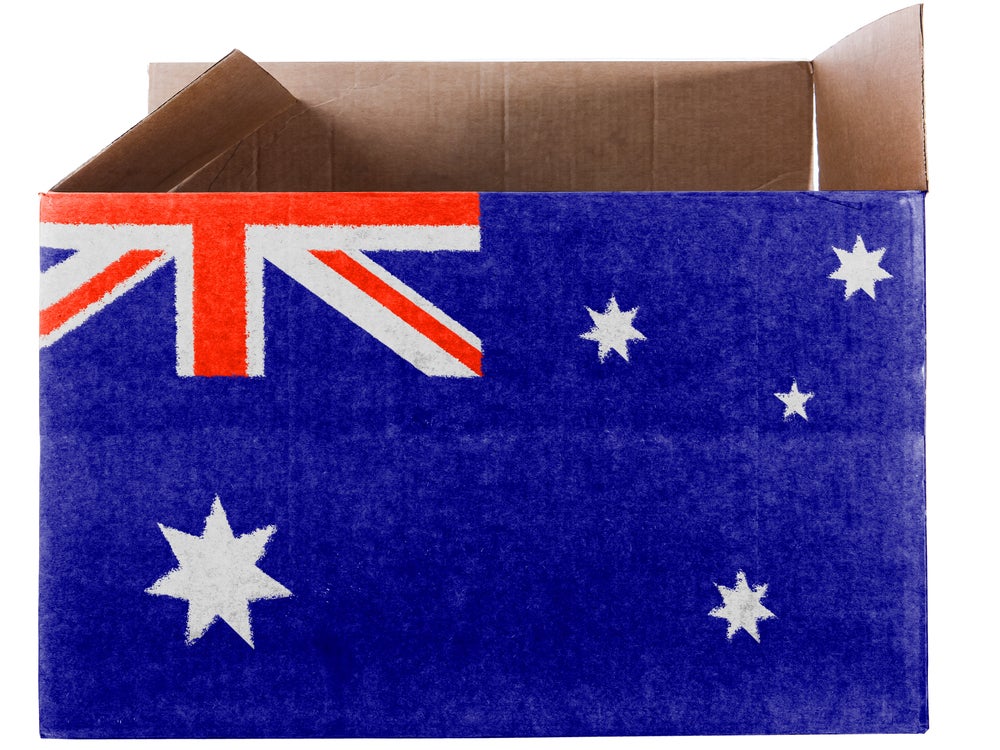The Australian packaging sector is taking significant strides in the fight against food waste. A recent survey conducted among 27 Packaging and Processing Machinery (PPM) companies has shed light on the sector's dedication to reducing food waste and the challenges and opportunities it faces in this crucial endeavour.
The dynamic sector is not only prioritising food waste reduction but also positioning itself as a global leader in innovative solutions.
One of the standout findings from the survey is the high level of awareness and commitment within the PPM sector regarding the need to reduce food waste. Among the companies surveyed, an overwhelming 73.1% believe that measuring the impact of their technologies will enhance their competitive position in the marketplace.
Furthermore, 75% of these companies acknowledge the broad recognition within the sector about the imperative to reduce food waste. These metrics clearly indicate that food waste reduction is a significant area of focus within these organisations and the sector as a whole.
Perhaps even more promising is the fact that 69.6% of the companies surveyed reported successful food waste reduction efforts, either directly or indirectly.
Additionally, 52.1% stated that their organisations have a significant and measurable effect on food waste reduction. This commitment is not merely lip service but reflects a genuine dedication to reducing food waste at all stages of the supply chain.
Challenges hindering progress
While the PPM sector is dedicated to food waste reduction, several challenges and impediments have emerged that must be addressed to make significant progress.
Among these challenges, customer willingness to pay for innovative food waste reduction solutions is a primary concern. The cost of labour is another factor that companies are grappling with, as they seek to implement new technologies and practices.
Measuring the impact of food waste reduction efforts remains a significant challenge. Accurately quantifying the results of these initiatives is essential for assessing their effectiveness and refining strategies. Many companies believe that there is room for improvement in this area.
Interestingly, government policy, while perceived as a valuable source of support, is currently underutilised. Only a minority of the surveyed companies (16.6%) agreed that the right policies and incentives are in place to facilitate food waste reduction efforts.
This suggests a missed opportunity for governments to play a more substantial role in driving change within the sector.
However, the New South Wales government recently launched a consultation to invite the public’s input and feedback on how to reduce the environmental and human health risks caused by approximately 800,000 tonnes of plastic waste, which is said to be produced annually in NSW.
Meanwhile in Victoria, the Allan Labor government has launched the Container Deposit Scheme with plans to cut litter by up to 50%.
Sector opportunities in Australian packaging
The survey responses have also revealed where the PPM sector sees opportunities for further food waste reduction. Two key areas have emerged: consumption and packaging.
In the consumption stage, there is a growing emphasis on consumer education. Educating consumers about ways to reduce food waste in their homes is seen as a vital component of the solution.
Consumer behaviour plays a significant role in the amount of food wasted, and by empowering consumers with knowledge, the sector believes it can make a substantial impact.
Within the packaging stage, there is a strong focus on innovative practices. The challenge is to extend the shelf life of products through packaging while minimising waste. Balancing these two objectives is seen as critical.
Additionally, respondents highlighted the need for regulatory support and infrastructure development to facilitate these innovations.
Looking to the future
The Australian packaging sector recognises the need to stay competitive on a global scale. While some believe there is catching up to do in terms of packaging standards compared to Europe, they also see export opportunities, particularly in Southeast Asia.
As labour costs rise, efficiency and waste reduction technologies developed in Australia could find markets abroad, further solidifying the sector's position as a global leader.
One of the exciting developments is the potential for Australian innovations to drive change worldwide. For instance, an Australian retailer's success in implementing 2D data-embedded barcoding has attracted the attention of global supermarkets seeking similar strategies.
This demonstrates the potential for Australian innovations not only to make an impact domestically but also to shape practices on the global stage.
In conclusion, the Australian packaging sector is committed to reducing food waste, with a focus on consumer education, efficient packaging, and regulatory support.
While challenges exist, including concerns about costs and measurement, there is a sense of optimism about the sector's potential impact both domestically and on the global stage.
As the sector continues to innovate and collaborate, it is poised to lead the way in the global fight against food waste.









